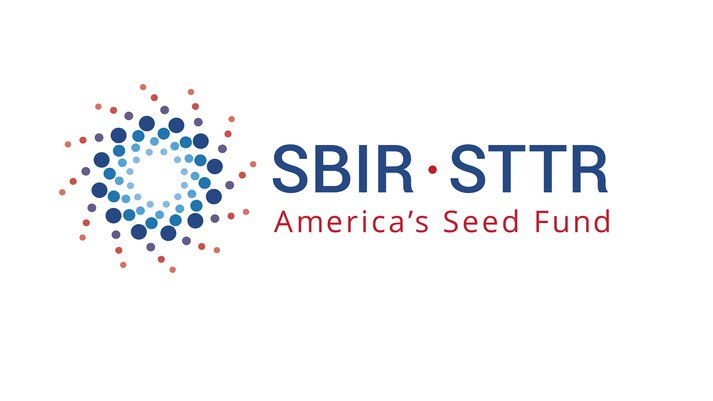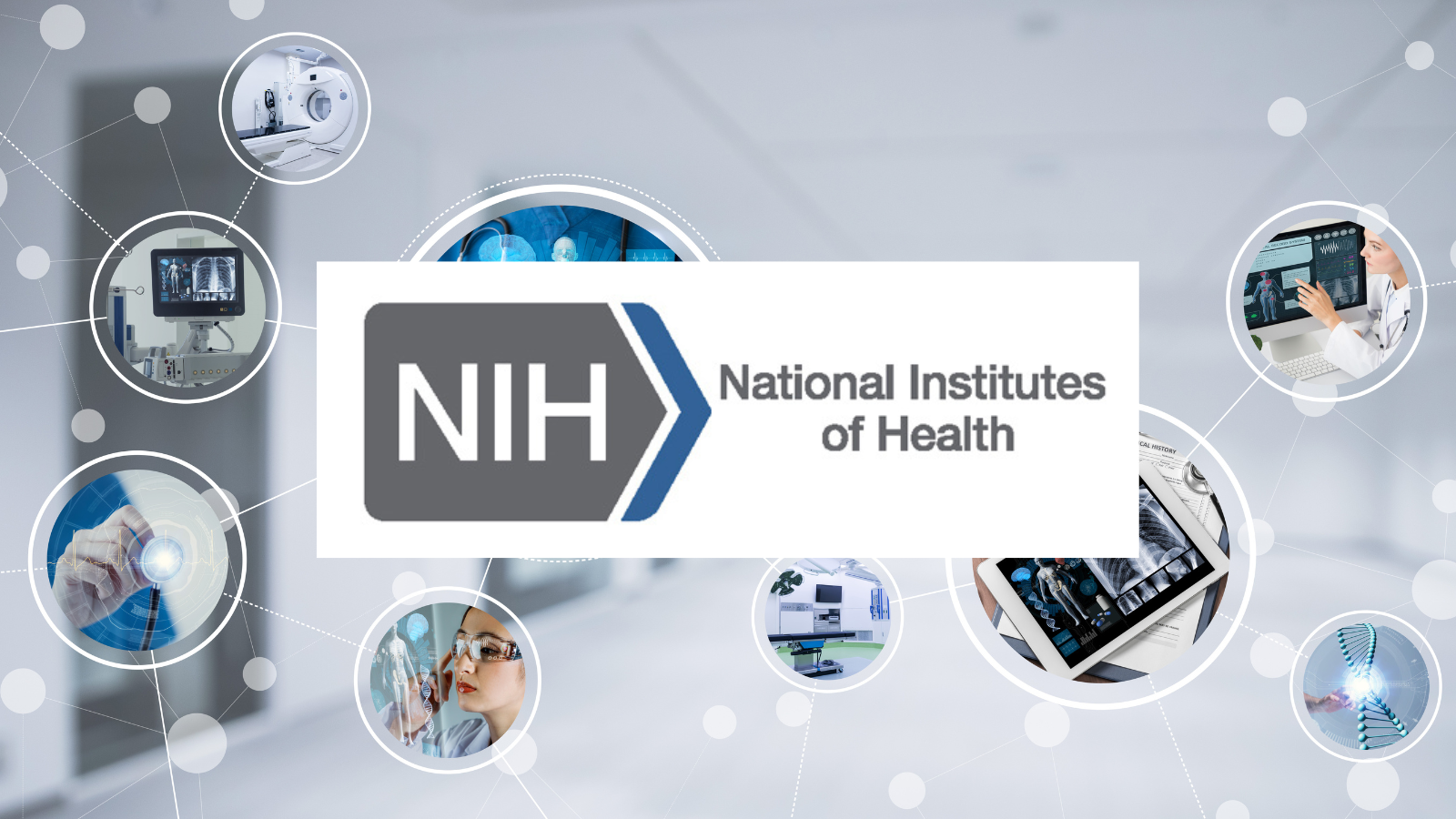We, as well as everyone in the SBIR/STTR world, have been watching with keen interest the progress; or lack thereof, of the congressional reauthorization of the program. We are pleased to see that the last two weeks before the program was to shut down, both houses of Congress and President Biden worked to extend the program for another three years.
The congressionally mandated program was set to expire on September 30, 2022 and the future had been uncertain about this unique innovation funding opportunity. Should the mandate have expired, some agencies, like NSF and NIH, did indicate that they would continue with their own free standing program; while others, like DoD, had been clear that they would no longer provide innovation funding set aside specifically for small businesses. It is clearly an important decision congress had to make in order to ensure the 11 funding agencies continue with the program.
Congress has historically passed reauthorization when it comes up, but this particular time there had been a couple of concerns holding up the process:
- One concern was related to companies that have been funded numerous time with various levels of success in bringing products to market. We often refer to these companies as “grant mills” whose business model relies heavily on this taxpayer funding as their research arm.
- The second concern is the risk that foreign governments might take advantage of this U.S. funding to drive innovation and ultimately product development and commercialization through their own country.
To mitigate these concerns, the new authorization has made changes to performance standards that multiple awarded companies must meet; as well as closer reporting by the SBA and Government Accountability Office.
While the reauthorization had been bogged down in Congress by these concerns, virtually last minute movement brought hope on reauthorization. Towards the middle of September the Senate unanimously passed an extension for 3 years of the program with some changes. The House subsequently passed it on September 29th. From there, President Biden signed it a couple of days later.
Ultimately, the good news is that the program has been reauthorized until September 30, 2025; at which time we will likely go through a similar process of reauthorization.
In addition to the above mentioned changes related to ‘grant mills’ and foreign influence, there are other changes that are of interest:
- NIH, DoD and the Department of Education will be allowed to award Phase II projects without a company first doing a Phase I. This ‘Direct to Phase II’ has been something NIH has previously done. (Those of us who have been around awhile remember the previous reauthorization where this had to be added as a later amendment.)
- Commercial Readiness Programs will allow agencies to support further commercialization activities and mentoring. Several agencies do this already and it’s not clear if this will be a requirement or just be ‘allowed.’ There is also Commercialization Assistance which will require the agencies to have continued support including subsequent Phase II’s beyond the initial one.
- All DoD components will be required to have at least one ‘open topic’ announcement each fiscal year. Currently the Air Force is the only component that has this ‘open topic’ opportunity, and the reauthorization would expand this as a requirement for the other DoD components.
We are looking forward to the continuation of the program. We will likely be revisiting this in September 2025 and hope that there are no roadblocks then.
What to do with my NIH SBIR?
Rob Baranowski, MS, JD So, you have an NIH SBIR ready to go, but the SBIR program is still not reauthorized.
Read More
